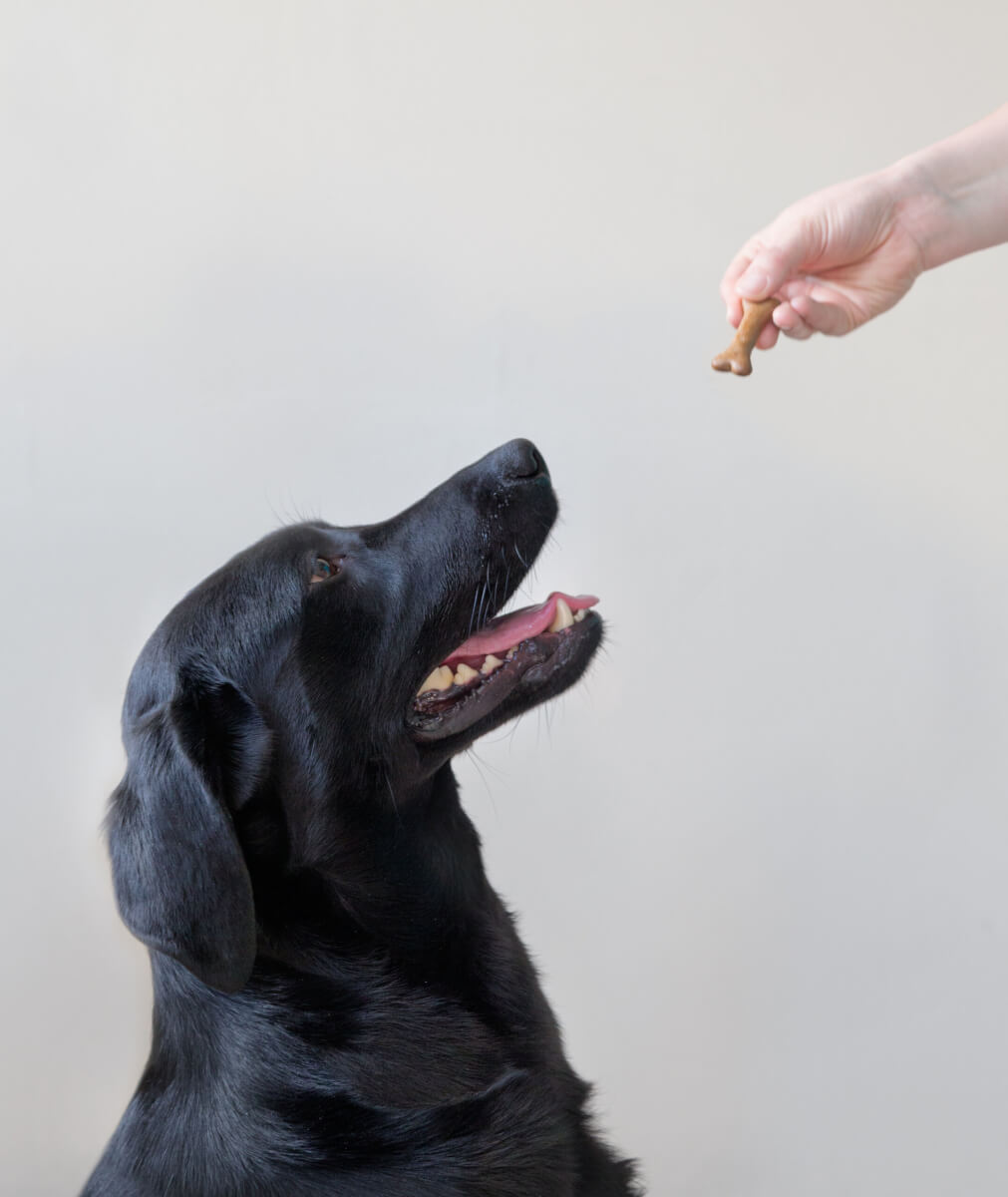CAMBRIDGE, United Kingdom — If you’re wondering why your Labrador retriever is always begging for food, scientists finally have an answer for you. A genetic mutation not only makes one in four Labrador retrievers feel perpetually hungry but also causes their bodies to burn fewer calories. Researchers from the University of Cambridge are highlighting the necessity for Labrador and flat-coated retriever owners to implement stringent feeding and exercise regimens to maintain their pets’ health to combat obesity.
The genetic mutation occurs in a gene known as POMC, which plays a pivotal role in managing hunger and energy expenditure. The mutation’s prevalence is notably high among Labradors and flat-coated retrievers, affecting around 25 percent and 66 percent, respectively. This mutation leads to an increased interest in food and a higher risk of obesity, presenting a significant challenge for owners in managing their pets’ weight.
The recent study uncovers how this mutation drastically alters these dogs’ behavior towards food. Despite not requiring more food to feel satiated, affected dogs experience more intense hunger between meals. Additionally, these dogs utilize about 25 percent less energy while at rest compared to those without the mutation, further reducing their caloric needs for maintaining a healthy weight.
“We found that a mutation in the POMC gene seems to make dogs hungrier. Affected dogs tend to overeat because they get hungry between meals more quickly than dogs without the mutation,” says study lead author Dr. Eleanor Raffan, a researcher in the University of Cambridge’s Department of Physiology, Development and Neuroscience, in a university release.
“All owners of Labradors and flatcoated retrievers need to watch what they’re feeding these highly food-motivated dogs, to keep them a healthy weight. But dogs with this genetic mutation face a double whammy: they not only want to eat more, but also need fewer calories because they’re not burning them off as fast.”

The POMC mutation disrupts a brain pathway linked to weight regulation, tricking the dog’s body into believing it is starving. This false signal prompts an increase in food intake and energy conservation, exacerbating the challenge of keeping affected dogs at a healthy weight.
The study involved 87 adult pet Labrador dogs, ranging from healthy weight to moderately overweight. Through a series of tests, including the innovative “sausage in a box” test, researchers discovered that dogs with the POMC mutation exhibited significantly greater efforts to access food, indicating heightened hunger levels. Moreover, measurements taken in a specialized chamber showed that these dogs burned around 25 percent fewer calories at rest than their non-mutated counterparts.

This genetic mutation not only impacts dogs but has parallels in humans, where POMC mutations are associated with extreme hunger and early-onset obesity. The research into this mutation and its effects on dogs could, therefore, have broader implications, potentially informing treatments for similar conditions in humans.
“People are often rude about the owners of fat dogs, blaming them for not properly managing their dogs’ diet and exercise,” explains Dr. Raffan. “But we’ve shown that Labradors with this genetic mutation are looking for food all the time, trying to increase their energy intake. It’s very difficult to keep these dogs slim, but it can be done.”
The study suggests that managing the diet and exercise of Labradors and flat-coated retrievers, particularly those with the POMC mutation, requires extra diligence. Strategies like spreading out daily food rations, using puzzle feeders, and encouraging slow eating can help mitigate the constant hunger these dogs experience.
The study is published in the journal Science Advances.

